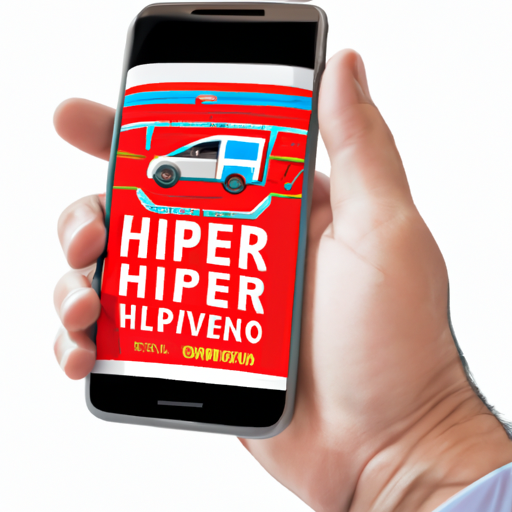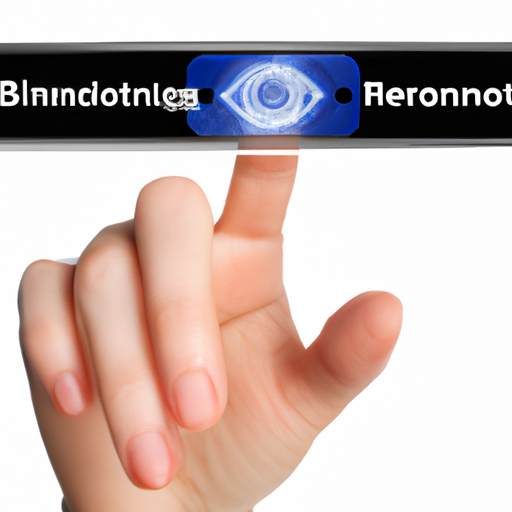In today’s fast-paced world, businesses are constantly seeking ways to meet the growing demands of consumers who prioritize convenience and quick service. Enter hyper-local delivery services, a game-changer that is reshaping the delivery landscape.
What are Hyper-Local Delivery Services?
Hyper-local delivery services refer to delivery systems that operate within a tight radius, typically ranging from 1 to 5 miles. Unlike traditional delivery methods that often span much greater distances, hyper-local services focus on bringing products directly to consumers quickly and efficiently.
Benefits of Hyper-Local Delivery for Businesses
- Increased Customer Satisfaction: Customers appreciate quick delivery times, which enhance their overall experience and increase loyalty.
- Reduced Operational Costs: Shorter delivery routes mean lower transportation costs, allowing businesses to increase their profitability.
- Enhanced Visibility: By offering local delivery, businesses can improve their presence in the community and attract new customers.
How Hyper-Local Delivery Changes Consumer Habits
The rise of hyper-local delivery services has transformed the way consumers shop. With a simple tap on their phones, customers can access a range of local products and services right from their neighborhood. This ease of access not only boosts impulse buying but also encourages consumers to support local businesses.
Popular Hyper-Local Delivery Apps
Several apps have emerged at the forefront of the hyper-local delivery trend, including:
- DoorDash: Originally focused on food, DoorDash has expanded into grocery and convenience items.
- Postmates: Known for delivering anything from food to everyday essentials.
- Instacart: Primarily caters to grocery shopping, delivering items from local stores directly to customers’ doors.
The Future of Hyper-Local Delivery Services
As technology continues to evolve, the demand for hyper-local delivery services will only increase. Businesses must adapt to this shift to stay competitive. Innovations such as drone delivery, automated delivery systems, and personalized delivery options are poised to emerge, further enhancing the hyper-local delivery ecosystem.
Conclusion
Hyper-local delivery services are not just a trend; they are a fundamental shift in how we transact locally. By embracing these services, businesses can meet consumer expectations for convenience while fostering strong community relationships. The future belongs to those who can adapt and thrive in this fast-evolving landscape.
So, the next time you reach for your phone for a quick purchase, remember the impact of hyper-local delivery in your community!




